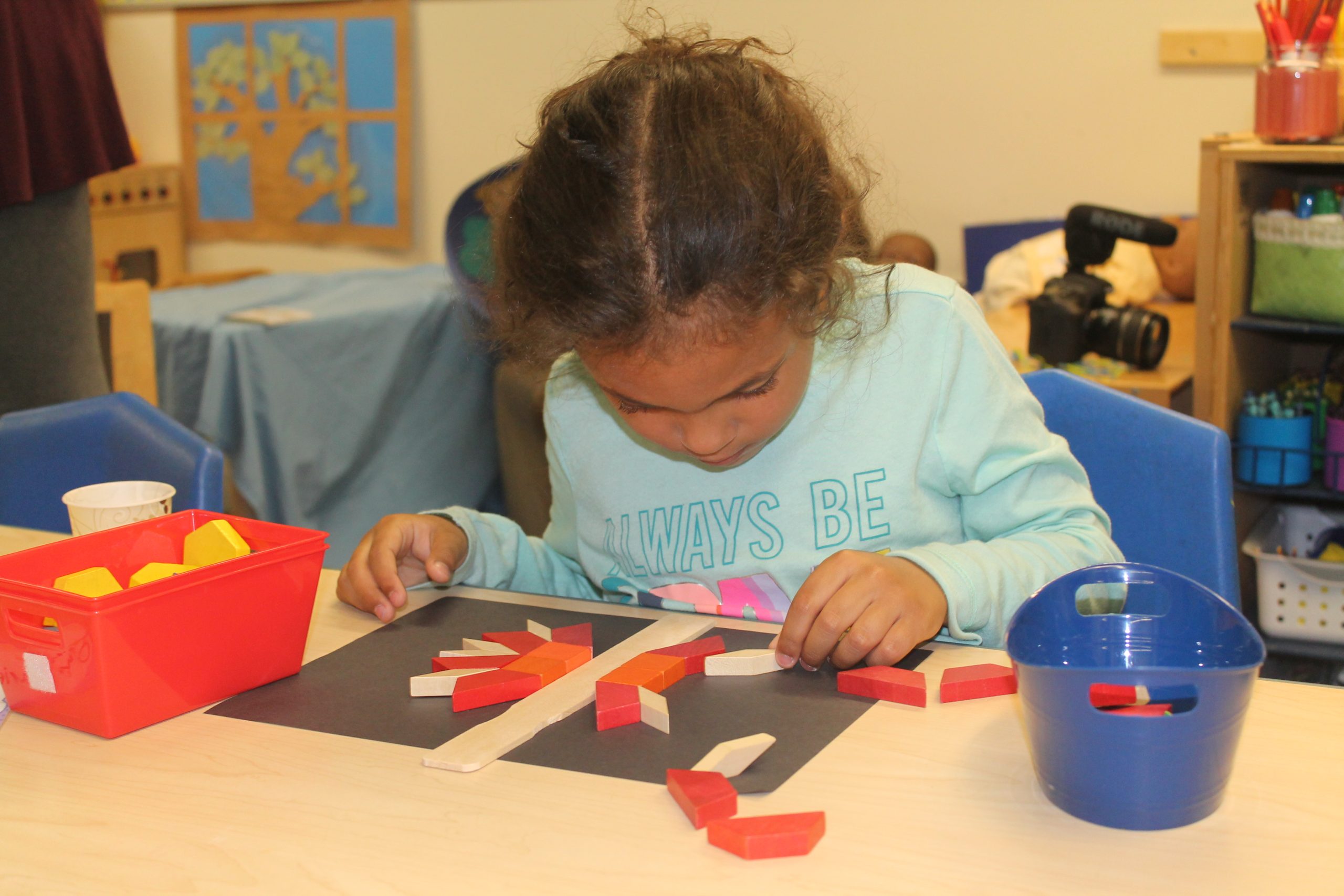Nurturing a Love for Math
Supporting young children to become strong mathematicians requires thinking not only about the development of mathematical ideas but also about the social and emotional aspects of learning. In our work with teachers and families, we aim to support children’s persistence in problem solving and develop their growth mindset in math.


